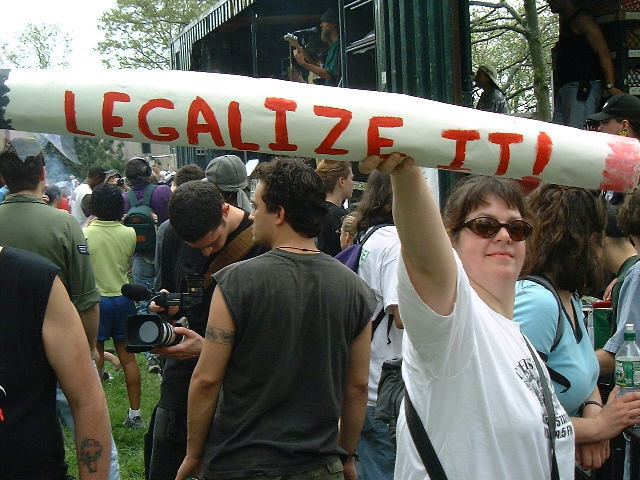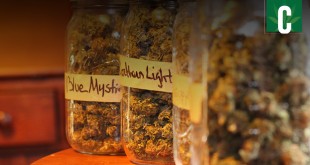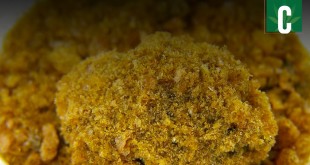An attempt by police groups to regulate medical marijuana in California is drawing the opposition of some cannabis advocates, though it may also be bringing the two sides closer together.
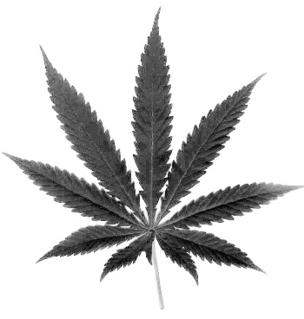 Among other provisions, a clause in Senate Bill 1262 would ban marijuana concentrates such as hash oil and wax. It would also require that medical pot recommendations come only from primary care doctors and would limit children to “nonsmoking delivery” of MMJ.
Among other provisions, a clause in Senate Bill 1262 would ban marijuana concentrates such as hash oil and wax. It would also require that medical pot recommendations come only from primary care doctors and would limit children to “nonsmoking delivery” of MMJ.
“This bill is something that the cops have wanted to do for a long time,” said Dale Gieringer, director of California NORML. “They want to crack down on medical marijuana. This is their vehicle for doing it.”
Californians approved medical cannabis at the polls in 1996. Seven years later, the legislature passed a law that set up basic rules for the industry. But MMJ remained largely unregulated, and dispensaries proliferated throughout the state.
Almost everyone wanted to see tighter regulation, and legislation was introduced year after year to make it happen. But one group repeatedly blocked reform: law enforcement. Their ultimate goal had always been to destroy medical weed, and they didn’t want to legitimize it by adopting rules.
That changed this month, when police groups and the League of California Cities announced they would no longer oppose all regulation of MMJ. Instead, they announced their support of S.B. 1262.
One of the most dramatic provisions of that law would ban hash oil. “Under no circumstances shall a physician and surgeon recommend butane hash oil,” the law says.
Concentrates currently make up as much as 40 percent of the dispensary market in California. They can be made through a variety of processes, all designed to remove concentrated THC resin from the flower bud of the marijuana plant.
The most popular method of extraction uses butane to dissolve the THC from the plant. Butane, like other popular solvents, is highly flammable, and attempts to make hash oil indoors, without adequate ventilation, often lead to fires and explosions.
“There’s no medicinal value to a high-THC concentrate like butane hash oil, and we don’t believe it’s part of the array of legitimate medical marijuana,” said John Lovell, manager of government relations for the Police Chiefs Association. “It didn’t even exist as a product in 1996, and it’s not appropriate to be included in what voters thought they were voting on with Proposition 215 in 1996.”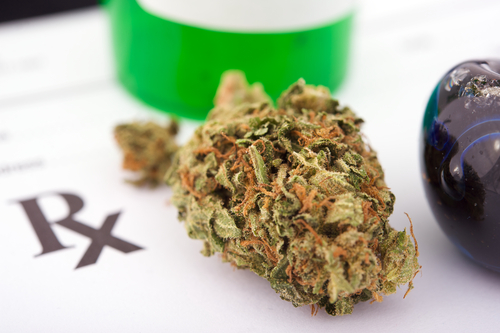
But some marijuana advocates point out that medical science has yet to devise accurate dosing or delivery guides for the drug. So there may be patients who benefit from high-THC products.
“There currently exist no accepted medical guidelines for determining the best dosage, delivery method, or cannabinoid content of marijuana,” Gieringer said. “In the absence of further studies, it is therefore unwarranted to require physicians to address these issues in their recommendations.”
Another provision likely to cause continued friction: The legislation would codify the right of cities, towns and counties to ban dispensaries.
Still, many proponents of the industry see the bill as a path toward common ground. It may allow both sides to find a way to regulate the industry, and that would be good for everyone. Plus, with a more stable industry, Californians are that much more likely to voter for legalization in 2016.
 California Marijuana Market Breaking "Marijuana News" from CA
California Marijuana Market Breaking "Marijuana News" from CA

